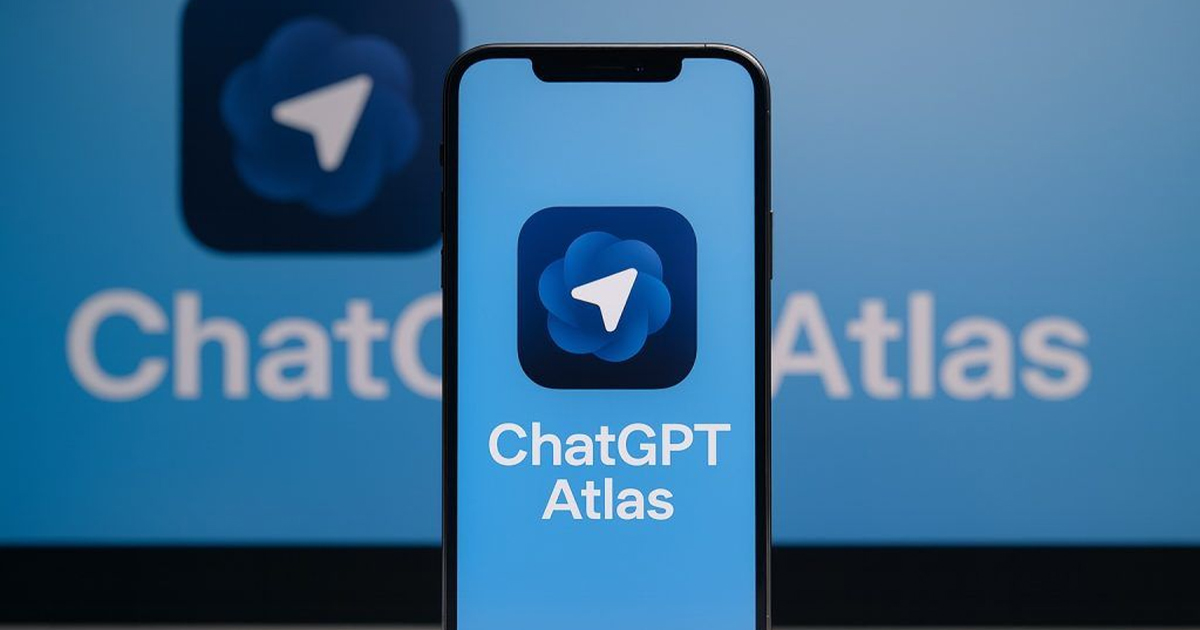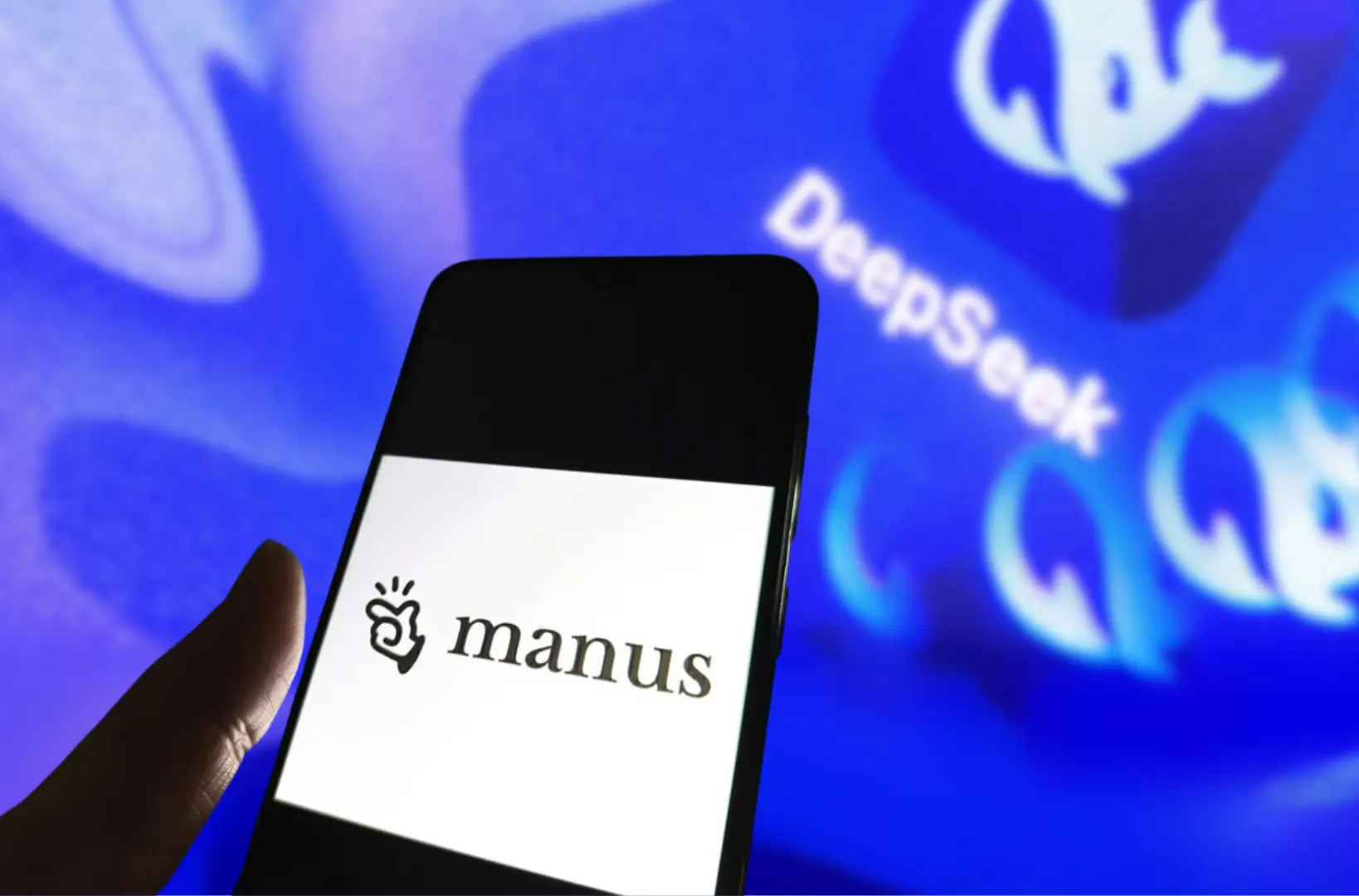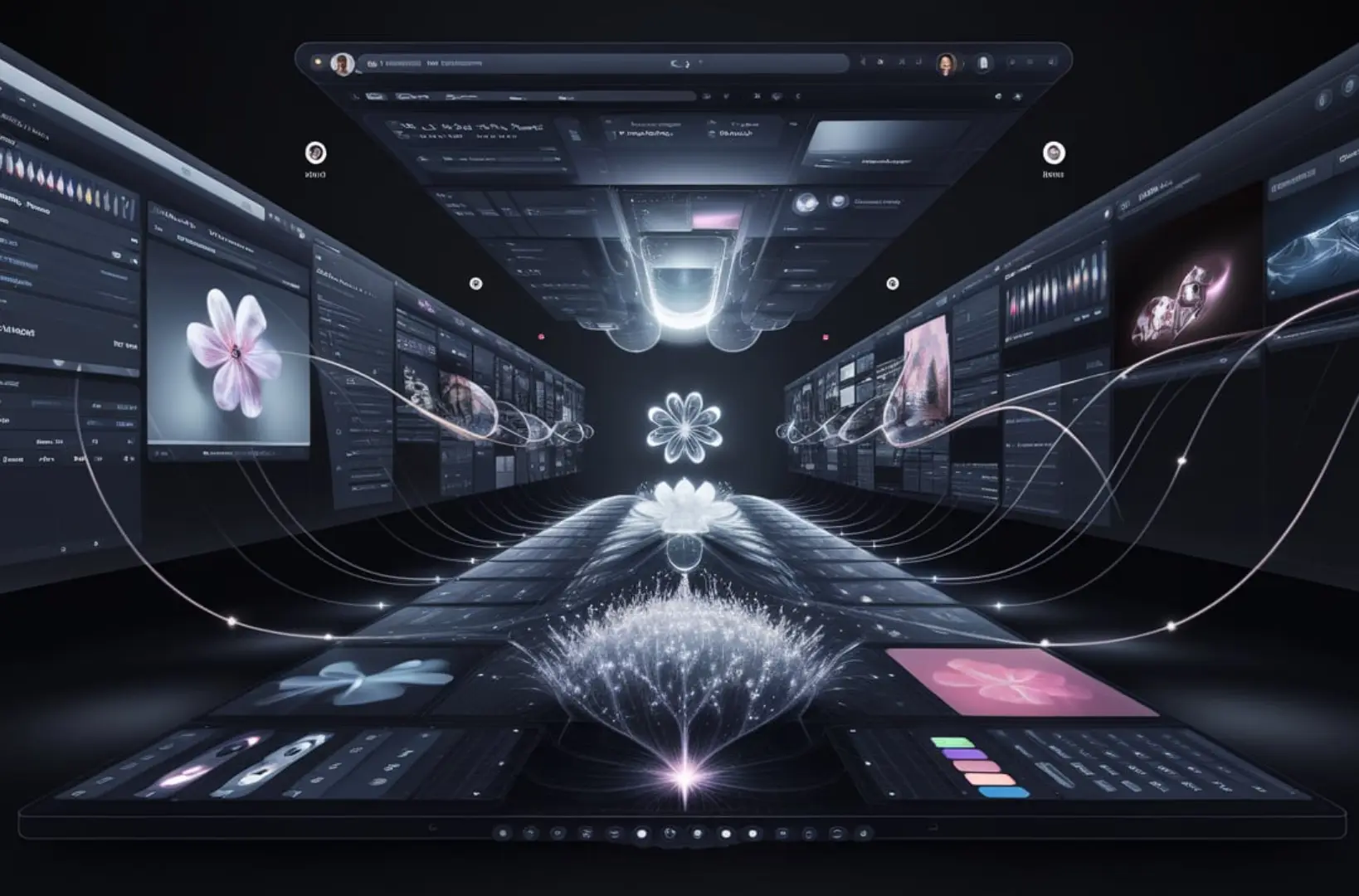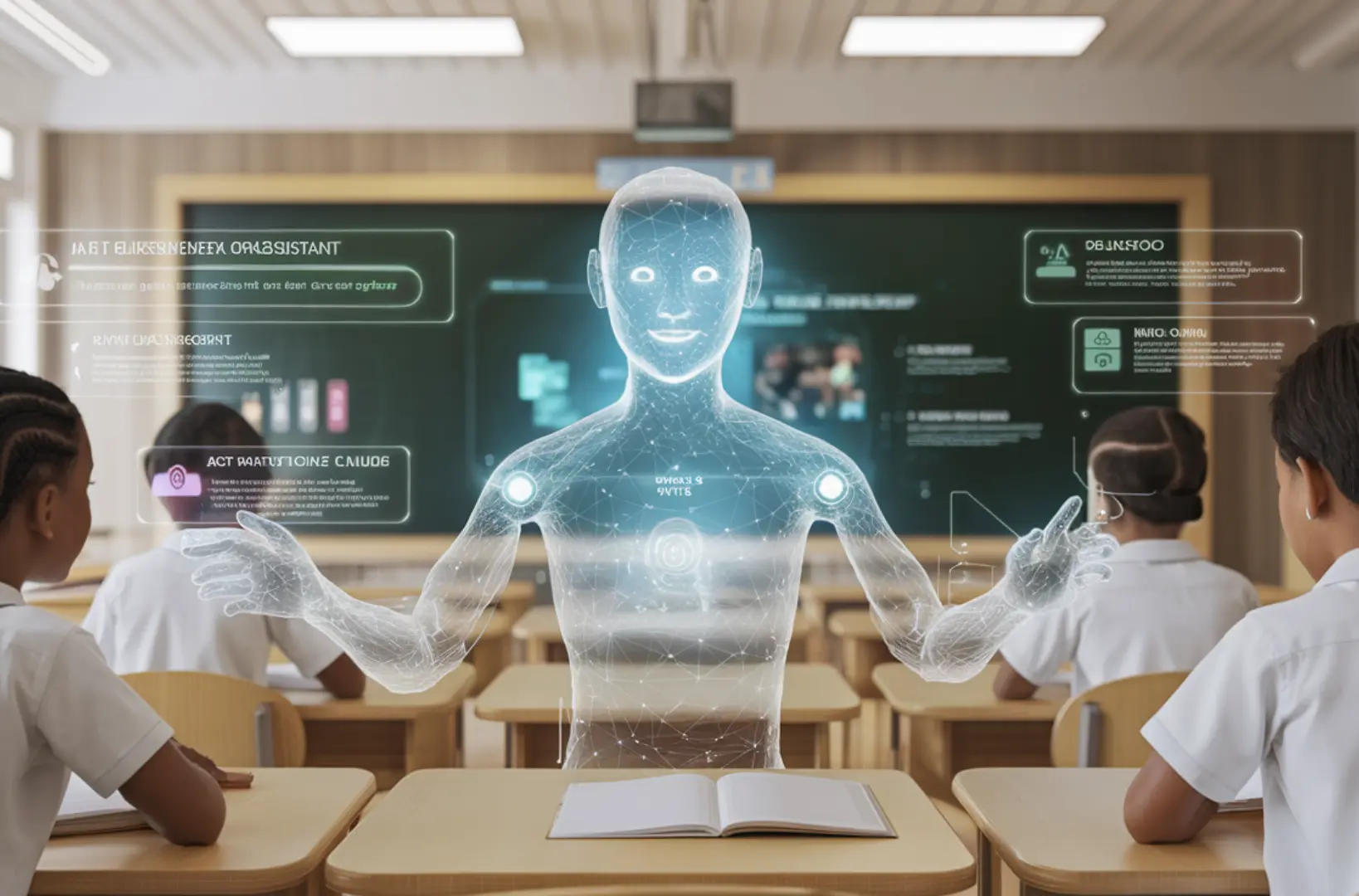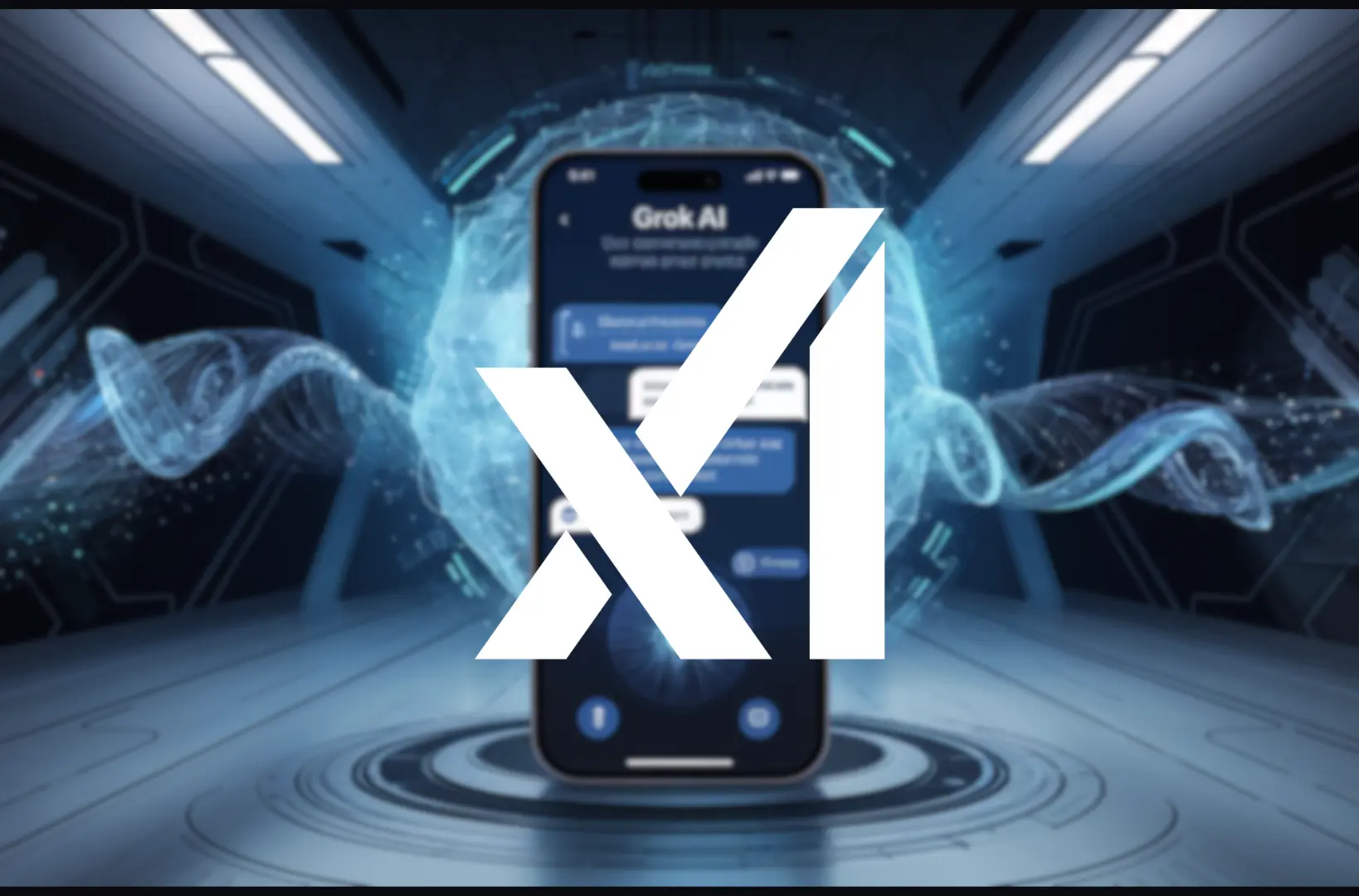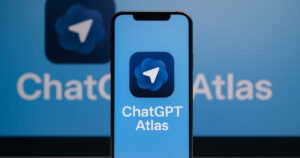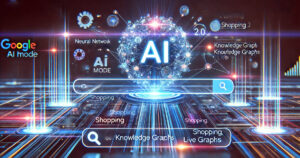Artificial Intelligence (AI) transforms all sectors of contemporary life through its applications in educational settings and healthcare facilities and entertainment platforms and communication systems. The most groundbreaking AI application to date exists within our daily web browsing activities. OpenAI introduced ChatGPT Atlas as a groundbreaking system which unites artificial intelligence functionality with web browsing operations. The browser functions as an intelligent assistant which learns from users to provide assistance and prediction services during their browsing activities. The system represents a new phase of human-AI teamwork because it integrates AI functionality directly into information exploration and idea generation and online connection processes.
A New Chapter in the Evolution of Browsing
Browsers have operated as digital entry points to worldwide information since their initial development in the past few decades. The main objective of browser development since Netscape and Internet Explorer emerged has remained constant to achieve fast access with user-friendly browsing experiences through Google Chrome and Safari.
The current user demands a browser which understands their context to deliver intelligent assistance for thinking and writing and performing tasks. The system introduces a revolutionary change through its operation.
The system functions as an information display system but also provides assistance through interpretation. The system functions as a digital co-pilot which enhances user abilities for reading and research activities and writing and communication tasks.
Users can now access their browser to request paper summaries and professional email creation and market price comparisons and presentation edit suggestions without needing to switch pages. The system provides this functionality.
The browser environment now includes OpenAI’s ChatGPT models which operate as built-in research assistants and writers and analysts to provide native AI functionality to users.
From ChatGPT to Atlas: How the Journey Began
The worldwide release of ChatGPT in 2022 triggered an immediate global surge in popularity of Ai & new Ai became new normal.
Artificial intelligence became accessible to all people through ChatGPT. The world learned that artificial intelligence operates beyond the expertise of engineers and data scientists because it belongs to every person. Students utilized the platform for educational purposes while professionals used it for work optimization and businesses implemented it for process automation.
Users needed to switch between different platforms because they could not access the chatbot and their browsers and documents and email tools from a single interface. The system provided strong capabilities but operated independently from other systems.
The system connects two separate systems through its functionality. The system operates within the browser environment where users spend most of their time. The AI system now operates as a standard part of your digital workflow.
The technology expert explained that Atlas represents the same level of advancement as smartphones did for telephones because it serves a completely new purpose.
How ChatGPT Atlas Works
The AI functionality in ChatGPT Atlas operates directly from within the web browser interface. The system provides users with the following capabilities when they use it:
- The browser system demonstrates ability to understand page content which enables users to obtain fast summaries without needing to scroll through extensive material.
- The system assists users in creating emails and writing blog content and transforming text into versions that match the reader’s desired tone and purpose.
- The system performs automated tasks which include form completion and report generation and meeting scheduling based on user behavior patterns.
- Users can access AI tools through dedicated panels which appear as floating assistants or through simple command prompts.
- The system adapts its recommendations and search results and writing preferences to match individual user behavior patterns through time-based learning.
The system learns user preferences through time to create personalized recommendations and search results and writing styles that match individual behavior.The deep integration between Atlas and users creates an application that functions as an extension of their mental operations through “augmented cognition” to enhance information processing and action execution.
Challenging the Browser Giants
Google Chrome has maintained its position as the leading browser since 2008 while Safari and Edge and Firefox follow in the market. The competition has concentrated on developing performance capabilities and synchronization features and visual appeal but they have not incorporated intelligence into their systems.
Atlas brings an innovative approach to the table. The system delivers speed through its ability to assist users in their thinking process rather than through quick page loading times.
The core AI functionality in Atlas enables users to save time when they search and write and make decisions. The tool directly competes with Chrome for browser supremacy because users want tools that automate their workflow.
OpenAI launched Atlas at a strategic time because AI models including GPT-5 and multimodal systems which unite text with voice and vision data are gaining strength. The integration of AI technology into browser systems will drive widespread adoption of these tools.
The first genuine “AI Browser War” could start when Atlas expands from MacOS to Windows and Android platforms.
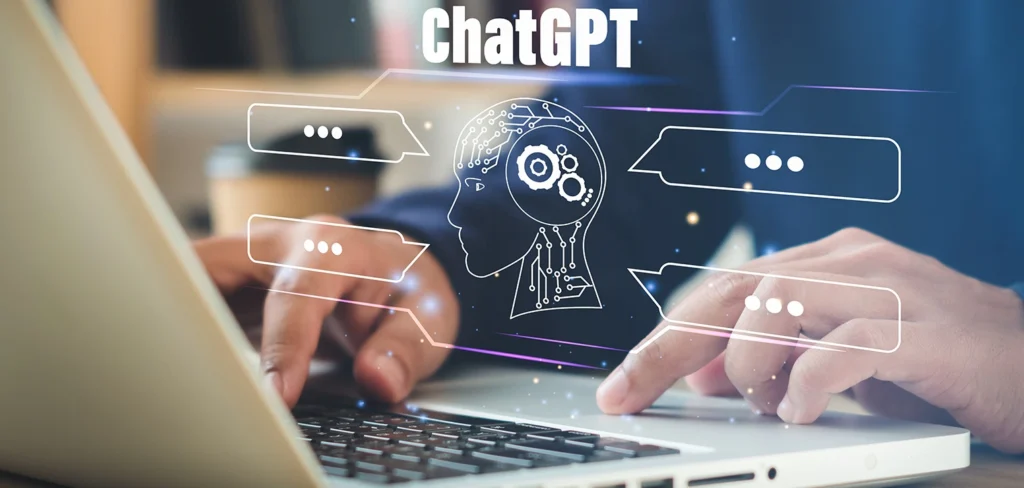
Security, Privacy, and Trust
The implementation of AI technology in browsing systems creates security concerns about user data protection and privacy rights. The browser requires access to user data for intelligent operation because it needs to understand user context.
Atlas uses advanced encryption methods together with local data processing and user-controlled privacy options to protect user information. The system uses private personalization methods which enable AI learning from local data without exposing sensitive user information to external parties.
The new security model which experts predict will transform how people trust digital systems. AI integration will achieve success only when users understand their data ownership rights.
The system bases its operations on both technical and philosophical principles which establish ethical AI interaction through transparent user control. Multiple experts warn that worldwide AI governance frameworks need to develop stronger regulations to handle the increasing use of AI technology.
The development of new digital ethics standards requires policymakers to establish rules about AI system data access duration and bias reduction methods. The advancement of browser intelligence requires immediate development of new legal frameworks which match its pace.
The Case for Responsible AI Use
AI regulation has become one of the most heated debates in contemporary technology policy. Multiple countries including the European Union and the United States, Asian nations & Pakistan now work to establish rules which will control the ethical development of artificial intelligence. The introduction of ChatGPT Atlas will drive forward the ongoing discussion about AI regulation.
The system unites personal browsing with data processing and automation which creates both a powerful technological advancement and a potential danger when not properly managed.
The focus should be on governance and collaboration instead of fearing AI according to industry experts. The goal of responsible AI implementation involves protecting user privacy and ensuring fair treatment and complete accountability in all system interactions.
The new technological era demands that people receive proper education about AI operations and permission management and digital security practices. Society will achieve complete acceptance of intelligent systems like Atlas when users understand these concepts.
AI as a Partner, Not a Competitor
The most significant psychological effect of ChatGPT Atlas emerges from its ability to transform user interactions with technology. People now view their connection with technology through a different lens because of this development.
AI has been depicted as a competitor for many years because people believed it would take away their work and creative abilities. The system presents an alternative perspective by showing AI as a tool that works together with humans.
The human user maintains complete control over the system through its design. The AI system functions as an enhancement tool which enables users to write more quickly and research more effectively and make improved choices.
The system follows the Human-Centered AI framework which uses technology uses to boost human abilities instead of replacing them.The world will not experience AI domination according to one technologist. The world welcomes AI as a collaborative partner which operates at equal status to humans.
The educational sector along with business operations and creative industries will experience transformation through the development of Atlas tools. Students will receive personalized education through contextual tutors while entrepreneurs will create innovative businesses and people will achieve better digital navigation.
The Road Ahead: From Browsing to Co-Thinking
The introduction of ChatGPT Atlas indicates that browsing will transition from a passive activity into an active dialogue between human inquiry and artificial intelligence systems.
The system provides three main features which include:
- The system generates individualized knowledge dashboards that extract essential information from your online activities.
- The system provides immediate translation services and cultural content adjustments for users from different parts of the world.
- The system provides research assistance that selects reliable sources based on context.
- The system enables users to link their productivity software with design applications and virtual meeting spaces without any obstacles.
- The browser of tomorrow will function as a connection between human thinking and digital information instead of serving as a traditional web interface.
Conclusion: A New Digital Renaissance
ChatGPT Atlas functions beyond its browser capabilities because it represents the future of human-AI collaboration. The technology demonstrates that artificial intelligence should exist within regular tools which people use every day instead of operating independently or requiring payment. The combination of intelligence and security features with personalized elements in Atlas transforms the internet into an active system which works together with its users.
The beginning of this digital revolution reveals that AI systems will not replace human beings but people who master AI technology will transform productivity and creativity and information access in modern times.
The world has entered its first phase of this new digital era through ChatGPT Atlas which enables users to transform browsing into thinking and makes the web an intelligent system.

The author is the founder and CEO of Pakistan Blockchain Institute and AnZ Technologies, leading initiatives in blockchain education and technological innovation.
